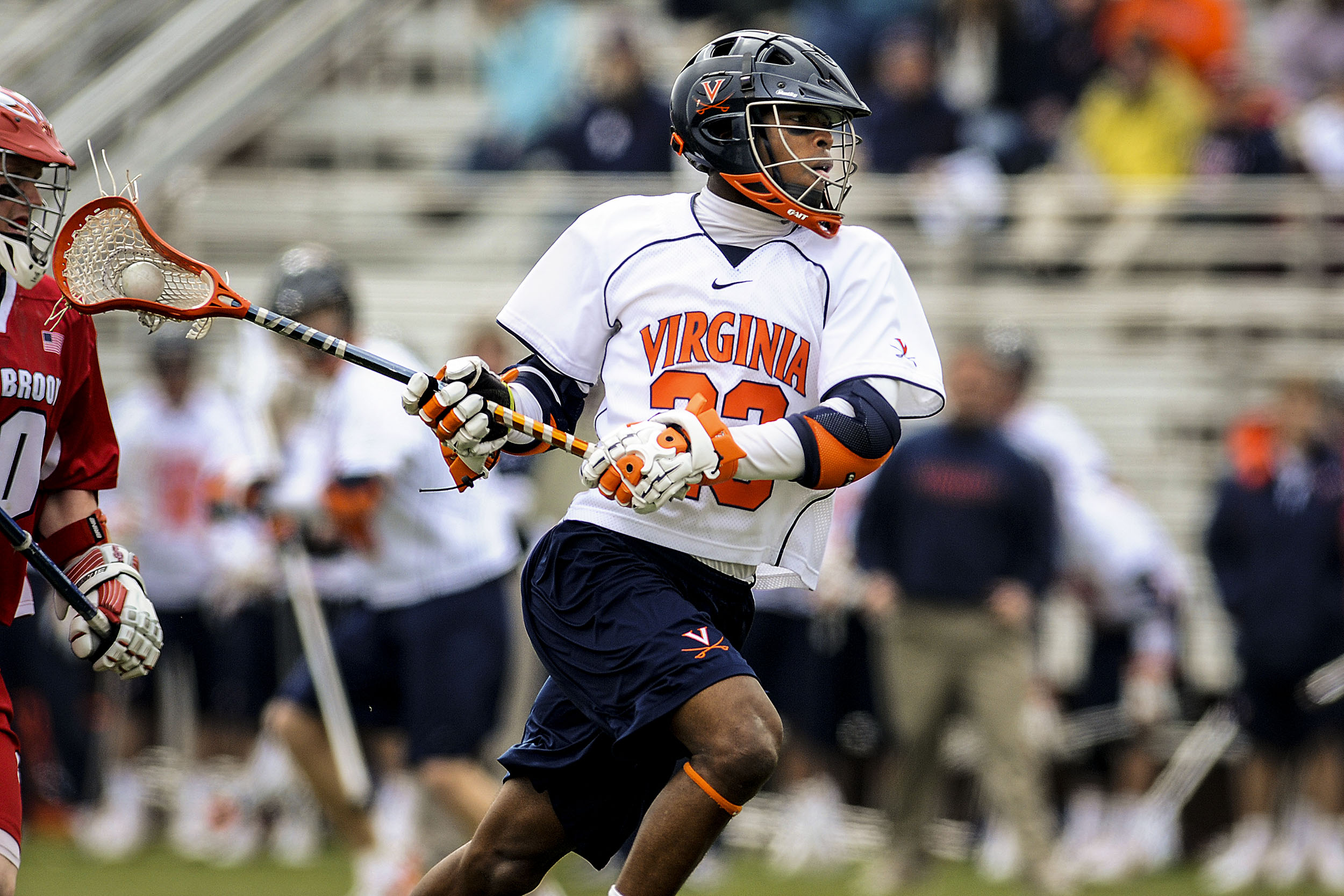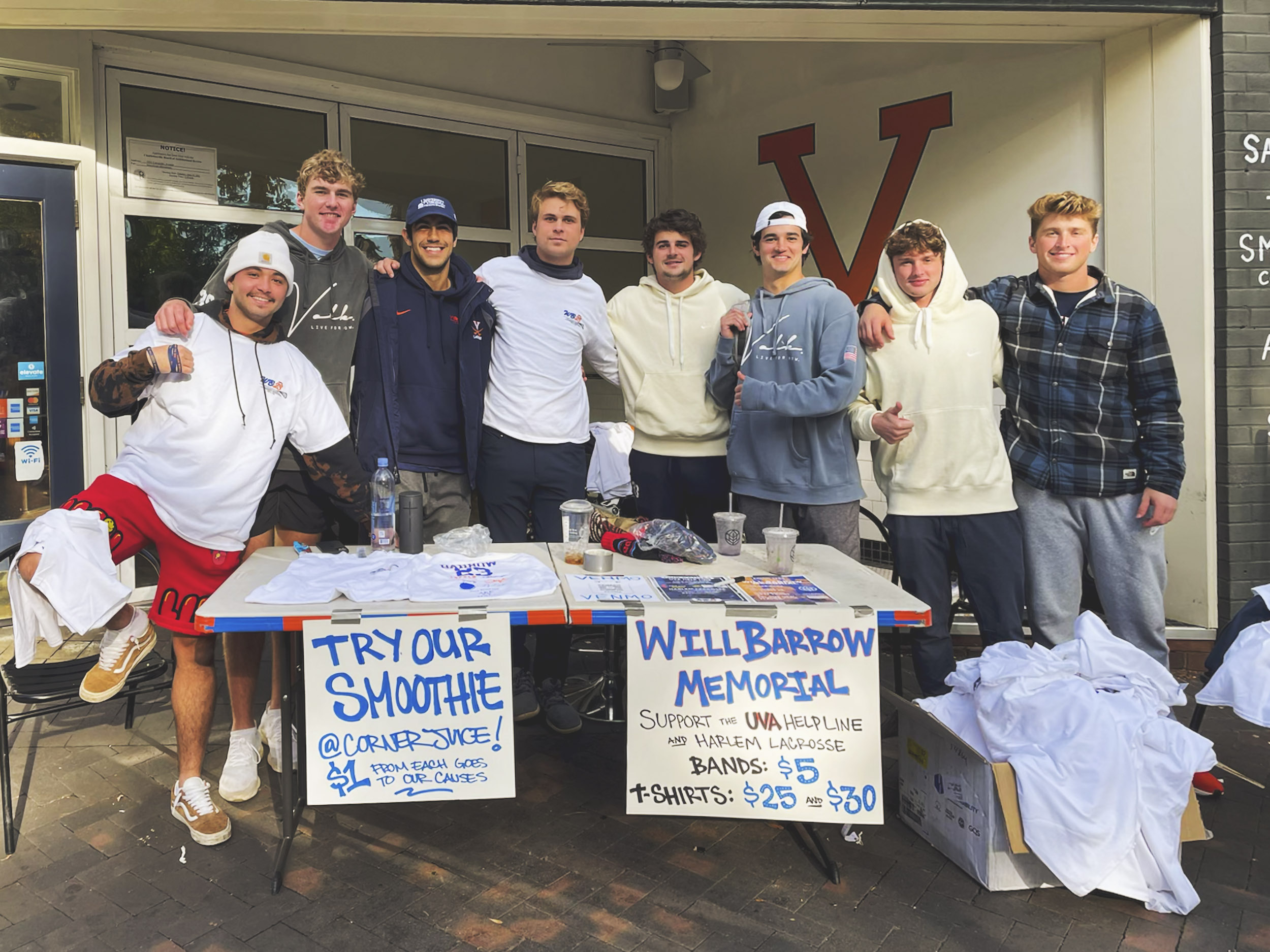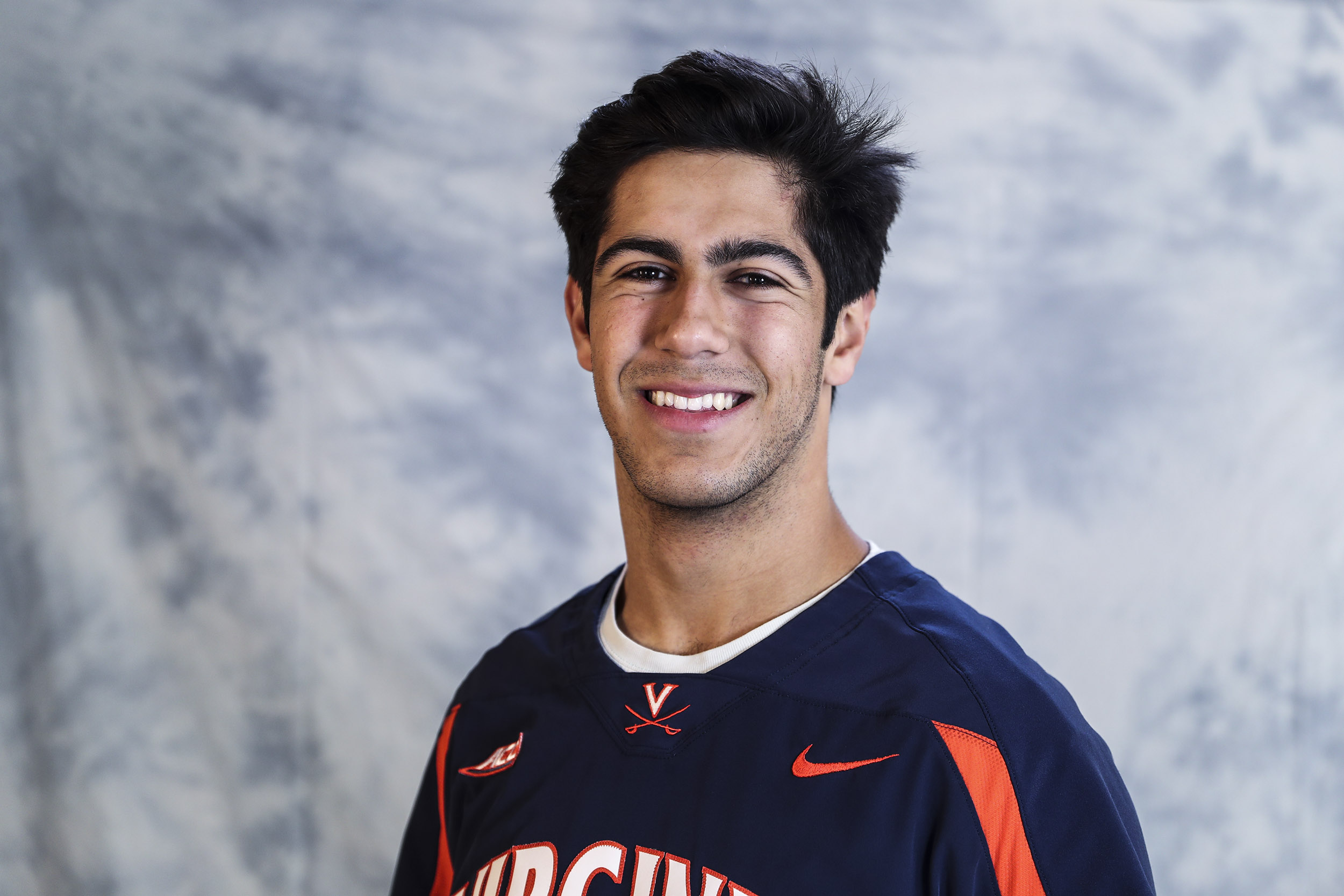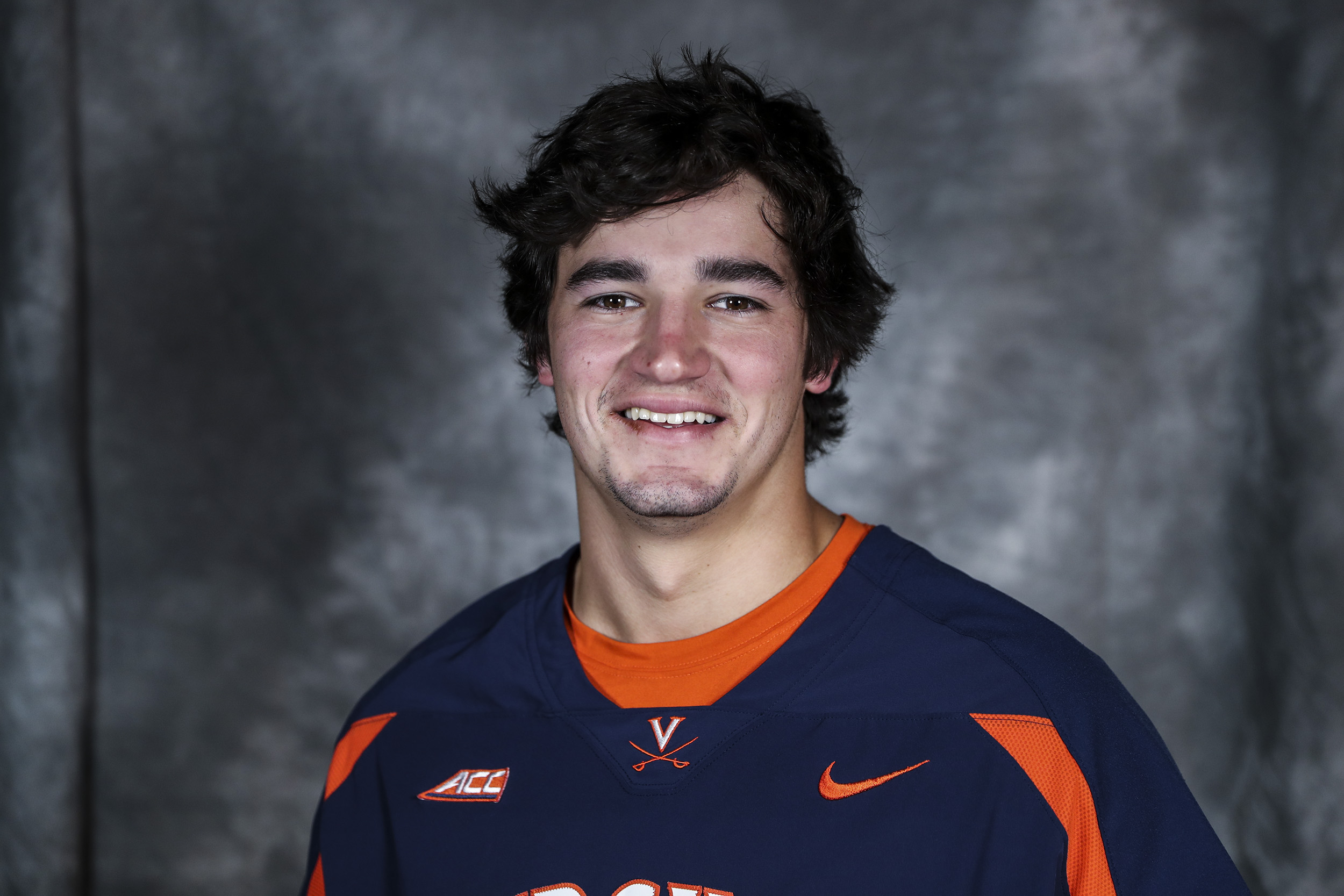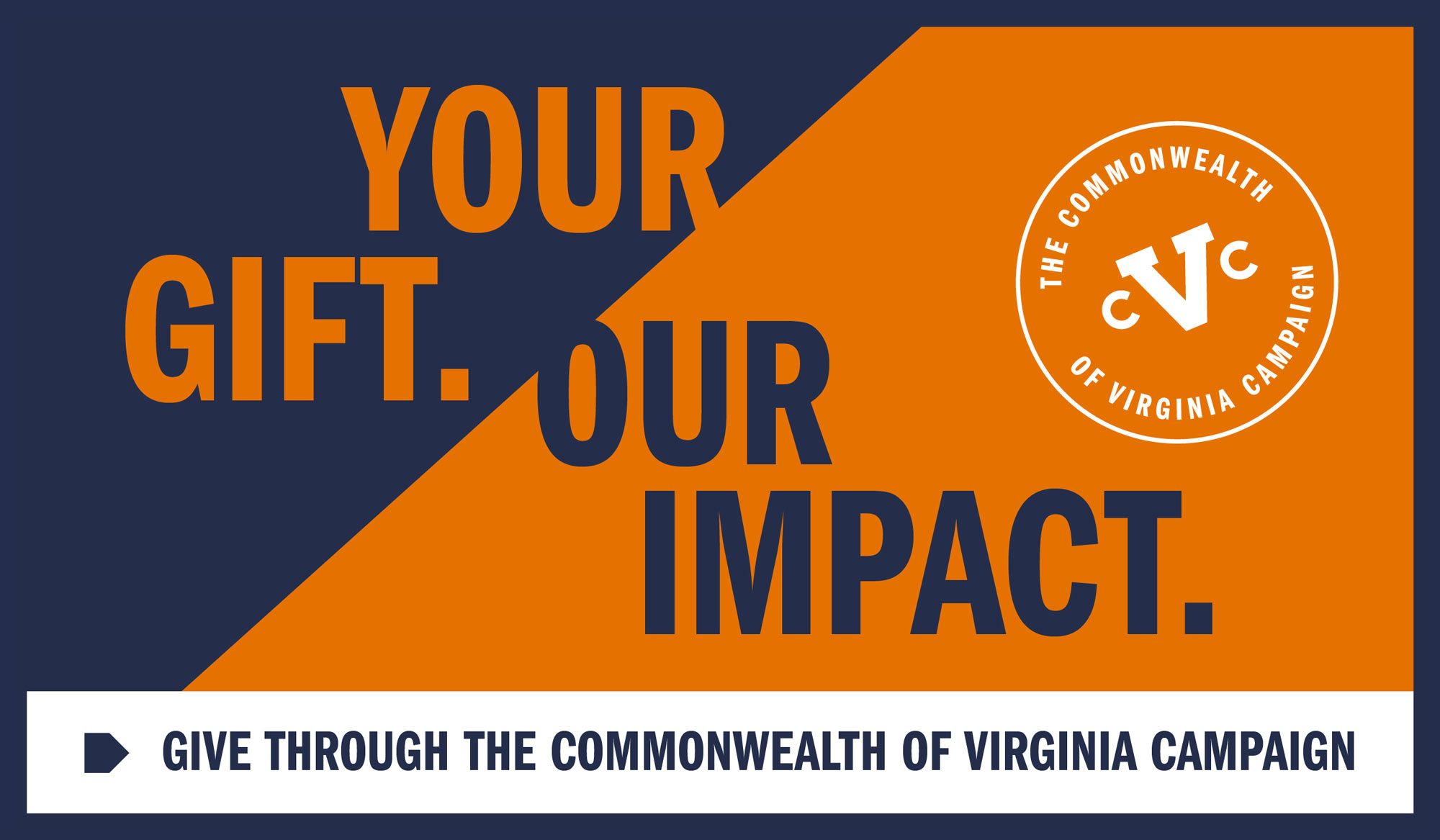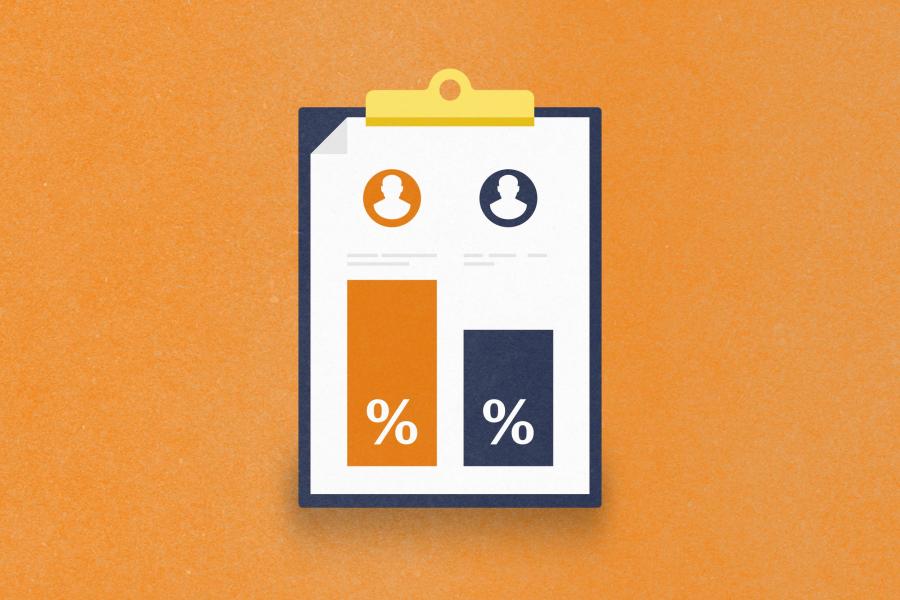Barrow played on UVA’s 2006 NCAA championship team and was captain of the 2008 squad that advanced to the Final Four. Considered one of the top defensive midfielders in the country, he was selected in the second round of the Major League Lacrosse draft by the Chicago Machine and appeared in five games during his rookie year.
In 2009, a year after Barrow’s death, Barrow’s former teammate Max Pomper started the flag football fundraiser, with the proceeds going to the HELP Line (434-924-TALK).
Affiliated with Madison House, the HELP Line is an anonymous, confidential telephone service serving the residents of Charlottesville, Albemarle County and UVA. HELP strives to provide callers with an empathetic ear for any sort of issue they wish to discuss, and to connect them with long-term services in the community, such as counseling services, medical services or drug treatment programs.
“With the HELP hotline, there is an outlet for people in need in times of crisis around UVA and the Charlottesville area,” Pomper said in a 2009 VirginiaSports.com interview. “This is something we wish Will would have known about.”
Today, college administrators and coaches around the country are prioritizing the emotional and mental health of student-athletes more than ever, and the stigma that once discouraged the disclosure of mental health issues is fading, Tiffany said.
“It has become acceptable to share your vulnerability,” Tiffany said. “Our student-athletes are much more willing to put their hands up and say, ‘I need help.’
“So it’s really critical that I create an environment where this continues to be the norm, where it’s OK for someone to raise their hand and say, ‘I’m struggling right now with some things that I might not be able to get through alone.’
“It’s imperative that we as coaches listen to our athletes and give them the proper resources, because I really believe that the student-athlete today is under greater pressure than the student-athlete from 10 years ago or 20 years ago and definitely 30 years ago when I was playing.”
Social media has a lot to do with those pressures, Tiffany said.
“Things are public too quick,” he said. “You can be evaluated, berated – in multiple ways – all day and all night …
“As athletes at UVA and for men’s lacrosse, you accept pressure; you crave pressure. Pressure is a privilege. But you also understand that there is an impact because of everything we’re asking our men to put themselves through.
“It’s a different generation and I think they’re under much more pressure than I think the rest of us ever were.”
